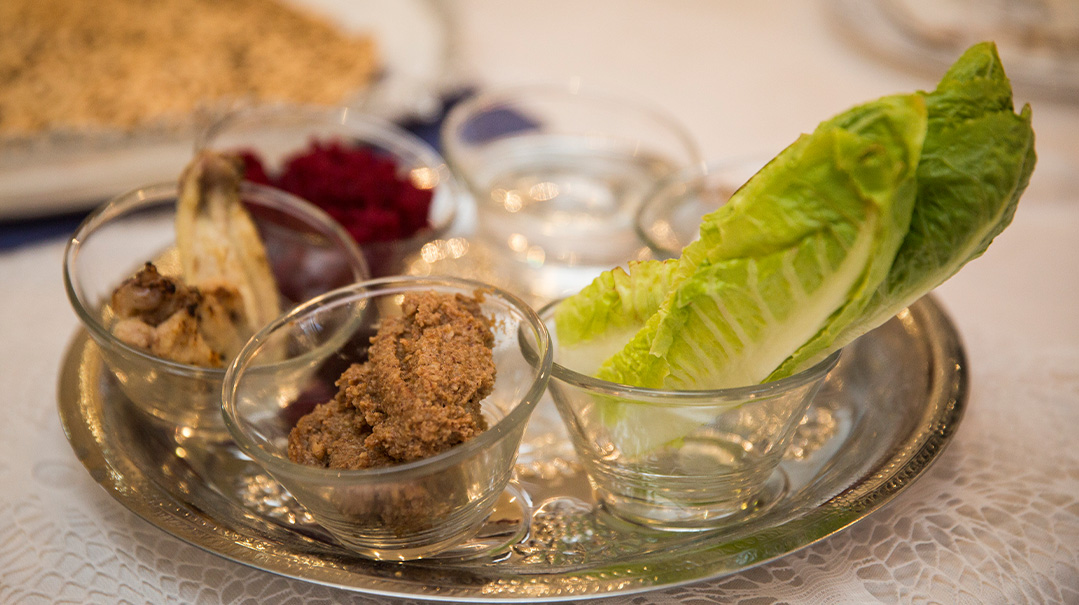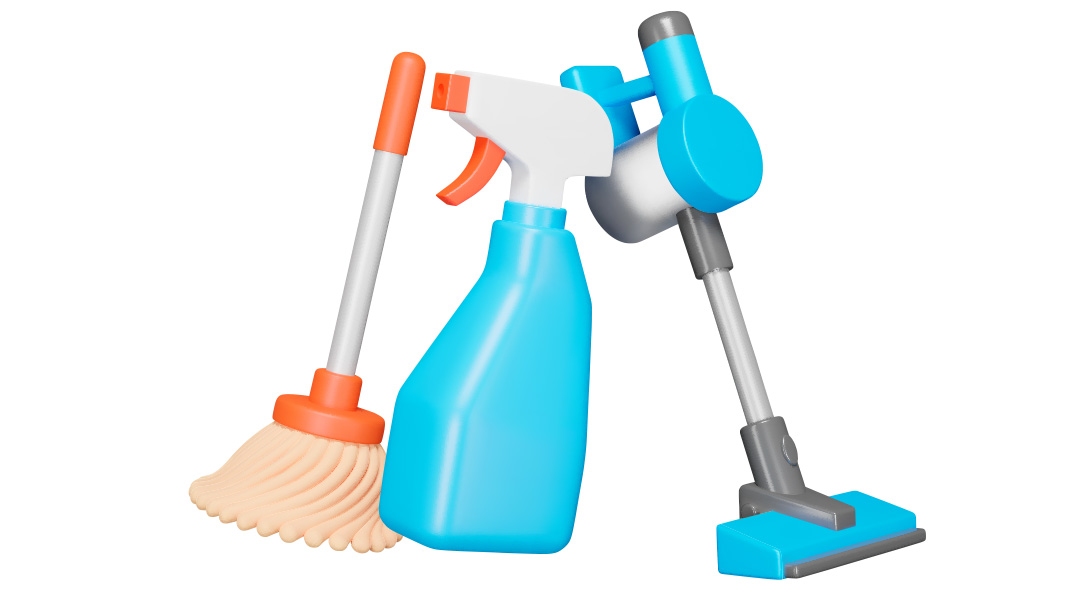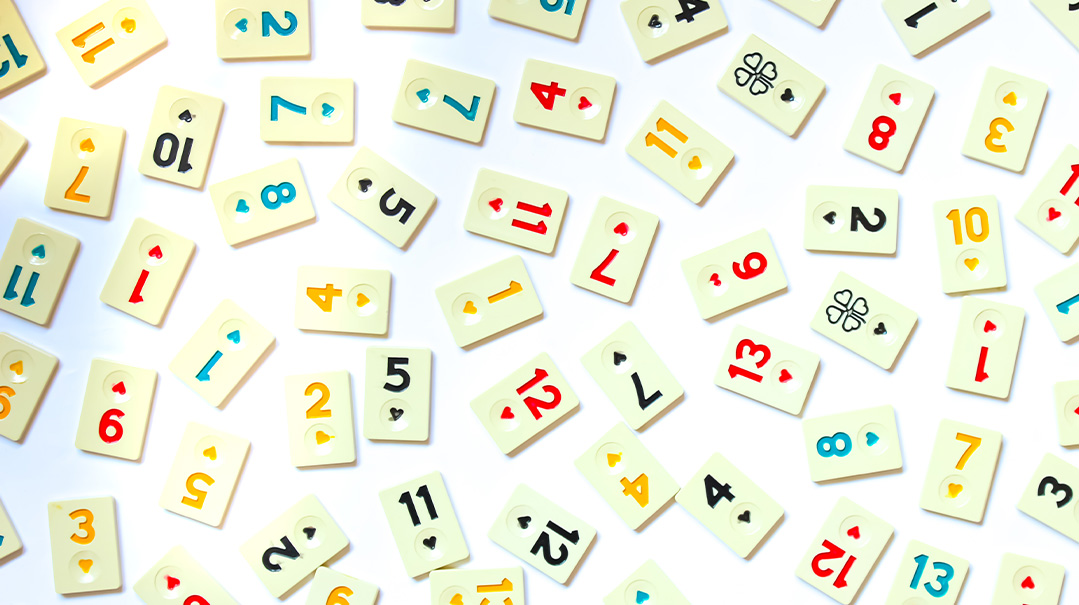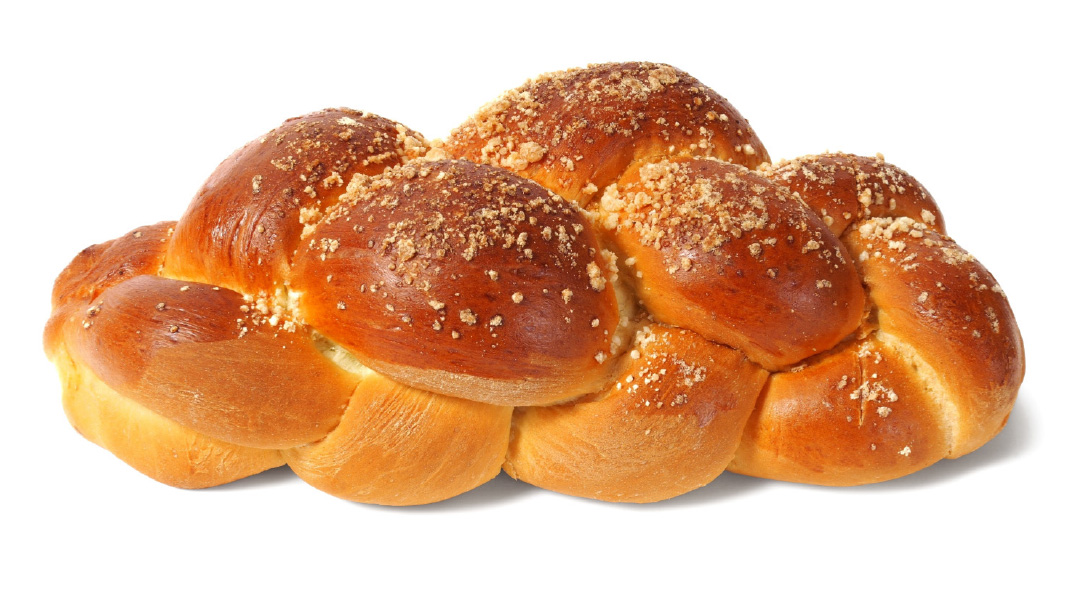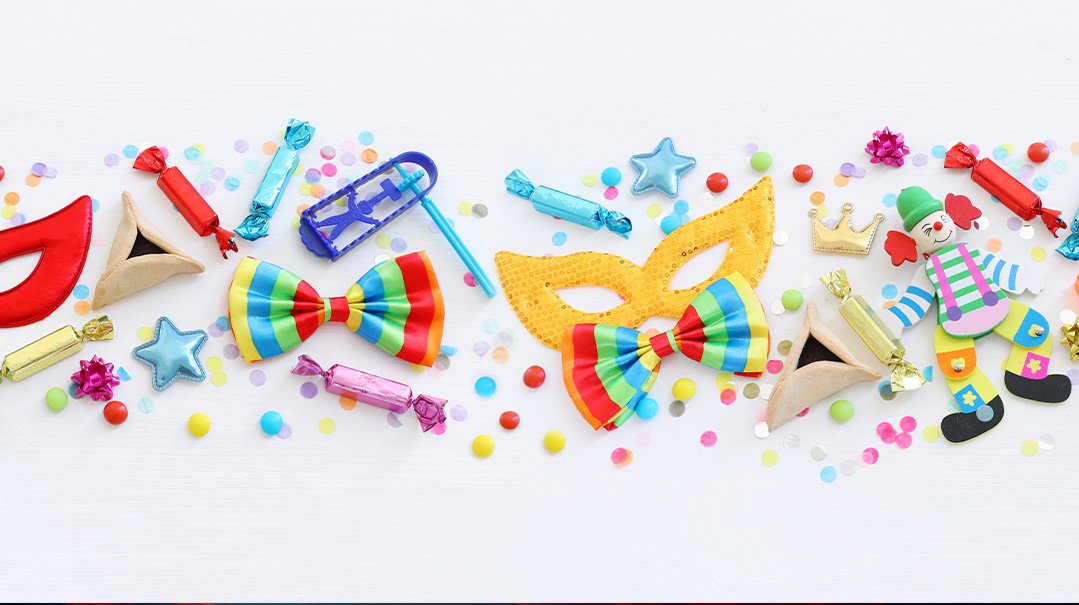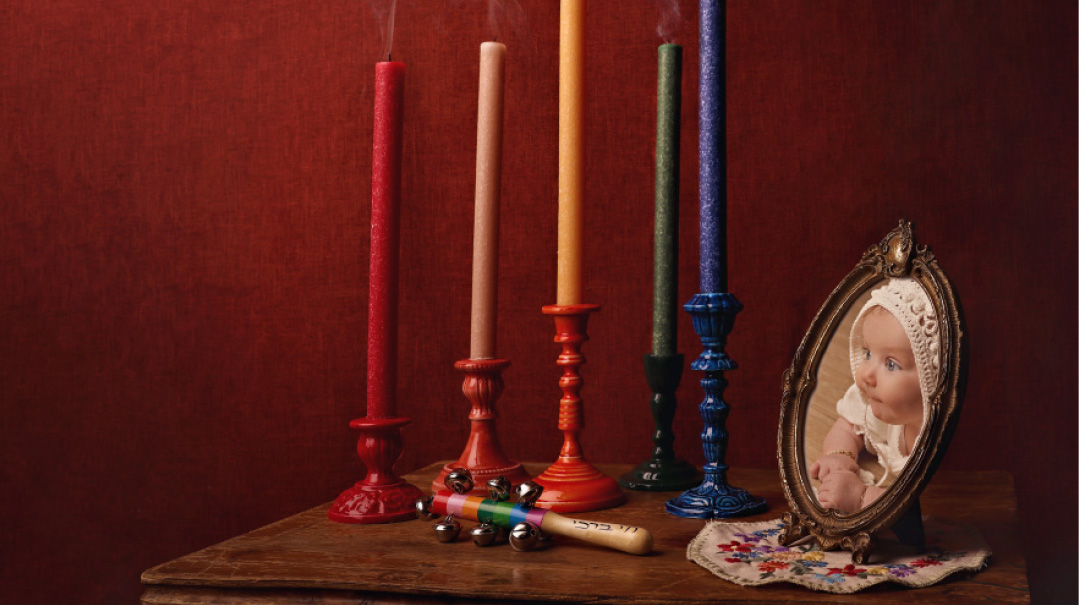The Last Bag

But I realized, too, that if I walk around with balled fists, I will not be able to grasp anything new either
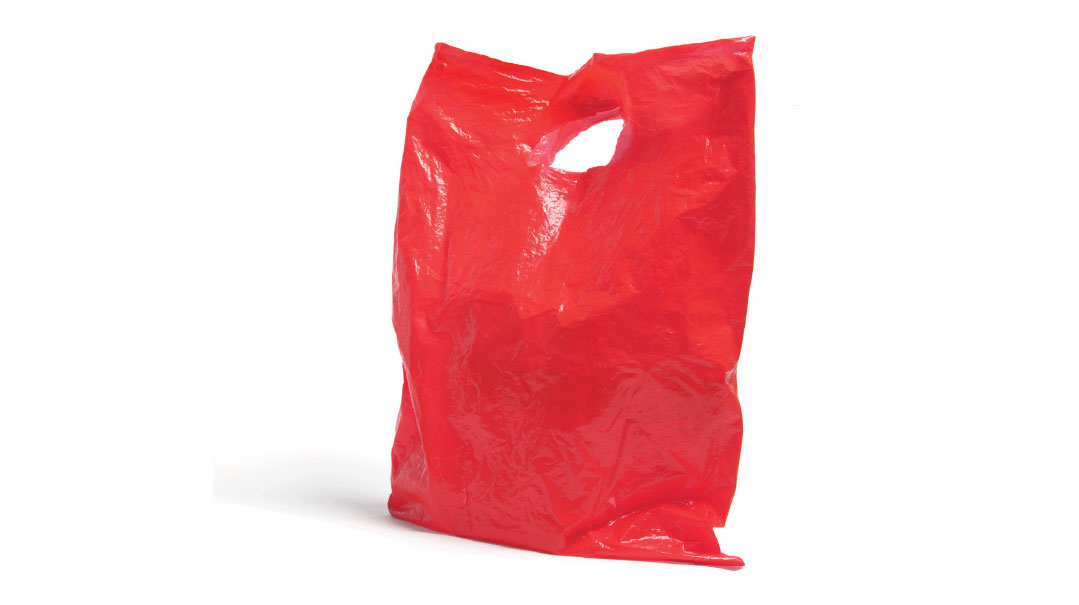
I
just threw out my last Israeli bag. It was blue and white, and it proclaimed: “Over 100 years of Clalit!” Although as far as I know, there was no medical insurance then, just a small hospital somewhere on Yaffo. The bag was from the pharmacy in Shefa, and it held a Hebrew-lettered box of medication that had long expired.
For a while after moving back to the States, I preserved every bag like a forensic scientist. I could not let go. I would not.
Bags in Israel are precious — the thick ones, that is. They carry teaching papers and sippy cups and passports and can even serve as evening bags. It’s normal to see a bearded man holding a purple bag from the hosiery store, and it’s normal to shake out the Photo Geula bag your son used as a lunch box and fold it away for tomorrow.
After I moved, the Israeli bags meant something else entirely. It wasn’t about function. It was about holding on. There was so much I had to keep in my desperate grip.
It was the culture, the people, and the mentality I vowed not to forget. It was the scrawl of my nine-year-old son’s friend in his autograph book, right next to the picture of an airplane, warning him not to become influenced by the secular culture around him. It was the way Hashem was woven in to everyday conversation, the normalcy of sobbing like a baby at the Kosel, the way every neighborhood sparkled with luminaries who walked with shoulders bent in humility.
But it was also the things that comprised the fabric of my life, the things that filled my daily planner for so many years.
For all of my married life, it was the only home I knew. I sweated over paperwork, bumbled through bureaucracy, would show up breathless at government offices before they closed at fifteen o’clock. I squeezed through narrow makolet aisles with bags of milk, ambled through spacious supermarkets where Yom Tov songs jingled, learned the difference between Osem and Maya and Prigat and Spring, and finally found tissues that I liked. I knew the rhythms of the butcher shop before Yom Tov; I knew to buy lettuce early and frozen broccoli and mushrooms before they ran out.
I rejoiced when Meuhedet became phone automated and I could give one-word answers and get an appointment with the dermatologist the same day. Before we moved, I stocked up on Moxypen and Nurofen — who knew if there were medicine gemachs in America and if Children’s Tylenol needed a hechsher and how quickly I’d find a pediatrician. I brought back ointment with far-off expiration dates, eye drops, our faithful lice comb.
Maybe part of it was FOMO; if I had unopened packages of tights and craft supplies and medicine stashed in authentic Israeli bags, then I could feel like I still kind of lived there.
It was jolting for me to hear from my old neighbor that the yogurts had changed their hechsher, that the high school I taught in had moved, that Yirmiyahu’s landscape had changed from a place of bus stops and cranes to a shopping empire.
How could they make changes after I left? How could it be that my Yerushalayim wasn’t the same anymore?
I came back the next summer, somewhere between tourist and resident, and stocked up on more tights, Nurofen, nosh, Dudi and Udi’s, and felt at home once again.
And again held tight to those bags when I came home.
It’s been more than three years now. My kids can still read Dudi and Udi but don’t remember the word for elbow. They do, thankfully, remember the words to “Bar Yochai.” The pharmaceuticals are mostly gone, because I conceded one day that July 2018 had long passed. I still have a few random craft items in my closet, and a dried-out laundry marker from the store on Bar-Ilan.
It took me time, but one day I realized that I don’t live there anymore. It still hurts.
But I realized, too, that if I walk around with balled fists, I will not be able to grasp anything new either.
There’s only so much one can hold on.
And I know, in my home of Tide and Bounty and Mr. Clean, that the Israeli sun still makes its way into my home. Granted, it’s not as brilliant nor as warm, but a small slice of it cuts right through my window, catches the reflection of my parquet floor, and winks at me, “We didn’t forget you. And we know you didn’t forget us either.”
(Originally featured in Family First, Issue 719)
Oops! We could not locate your form.

